Imagine trading classrooms for a hands-on, once-in-a-lifetime learning and volunteering experience. That’s what four other Suffolk University students and I did this past August. For two weeks, we immersed ourselves in Jewish and Polish culture and took part in the Białystok Cemetery Restoration Fund, a volunteering initiative dedicated to preserving history.
As a recurrent internship offered by the Global Humanities Department, students have the opportunity to join the BCRF over two weeks during the summer and not only learn more about Jewish history but also help to right a wrong by restoring the Bagówka Cemetery, located in Białystok, northern Poland.
Białystok is a small city that once housed a large and vibrant Jewish community. While most of its population was Jewish, the community was wiped out at the end of World War II. Synagogues were burned to the ground, and memories of a once thriving people remain now as a stark reminder of a tragic and unjust history. However, the BCRF, its volunteers and locals are determined to help “right a wrong.”
Founded in 1891, the Bagówka Cemetery held its last burial in 1969 and was officially closed in 1973. Since then, it has suffered from neglect, accumulating trash and bearing the scars of both time, war and invasion. The restoration of the cemetery, the largest Jewish cemetery in northern Poland, started around 2012, but it was in 2016 that the Białystok Cemetery Restoration Fund was established.
Founded by Amy and Josh Degen, a Massachusetts-based couple with ties to Białystok, the program has helped restore approximately 5,000 headstones in its nine-year history. It has garnered significant attention from local and international media, with volunteers gathering every summer to work collectively in hopes of a better future.
The Suffolk students who joined the two-week trip had a busy schedule. From Sunday to Friday, we would wake up at 7 a.m. and spend our day at Bagnówka lifting, cleaning and resetting stones along with the other group of volunteers from Białystok and all over the world.
Amaya Cruz, a junior majoring in global humanities with an English minor, who participated in the trip this summer, can attest that.
“There were some days where I was in the weeds for hours clearing out a section and lifting stones, there were other days where I was in the sun scrubbing the same stone for hours,” said Cruz. “Every day we came home sweaty and dirty, but what we were doing mattered, and that made it all worth it.”
During our time, we explored the corners of Białystok and its impactful history. Alongside the Chair of the Global Humanities Department, Professor Barbara Abrams and Rabbi David Kudan, the group participated in important events such as the Białystok Ghetto Uprising Remembrance and the Shabbat Service, and learned more about Jewish history in Białystok at “The Place Museum” and the “Cytron Museum and Gallery,” once a former Jewish synagogue.
Offered yearly, this internship is an unforgettable opportunity and imperative experience. Although it may not be a typical desk internship, the knowledge gained is equally, if not more, valuable. This internship is crucial for developing time-management skills, teamwork and communication in diverse environments with people of different ages and backgrounds.
Most importantly, this program fosters a sense of community and partnership among all participants, creating long-lasting bonds with the place and the program.
Madison Hardy, a recent graduate of Suffolk, who participated in the trip for the first time last year, was thrilled to return to Poland as the student leader for this year’s group.
“It was incredible to be able to return to Białystok and bring a few new faces,” said Hardy. “It is an honor and a privilege to once again participate in the restoration and reclamation of Białystok’s Jewish history.”
It is very moving for me, as the first Brazilian student to take part in this internship, to write this testimony. I met people from different countries, backgrounds and ages, and I was able to talk and form connections with each of them.
The work was, as Cruz said, arduous. But at the end of each day, there was no better feeling than seeing our effort transformed into a preserved place. With every stone I cleaned, every stone we lifted, there was a wordless connection that flowed from my heart to the person buried there.
I will carry these connections with me for life, and without a doubt, I left Bagnówka transformed. In a world where we often feel so small in the face of life’s hardships, being able to contribute to something, to physically do the work, makes us feel part of something greater.
A place of peace in the middle of a storm, a restoration of memories and a testament to teamwork at its prime, the Białystok trip is one hundred percent one of the most necessary and valuable programs on campus. I feel proud to represent my country and contribute to the preservation of this collective memory, and I can assure you it was an experience I will never forget.


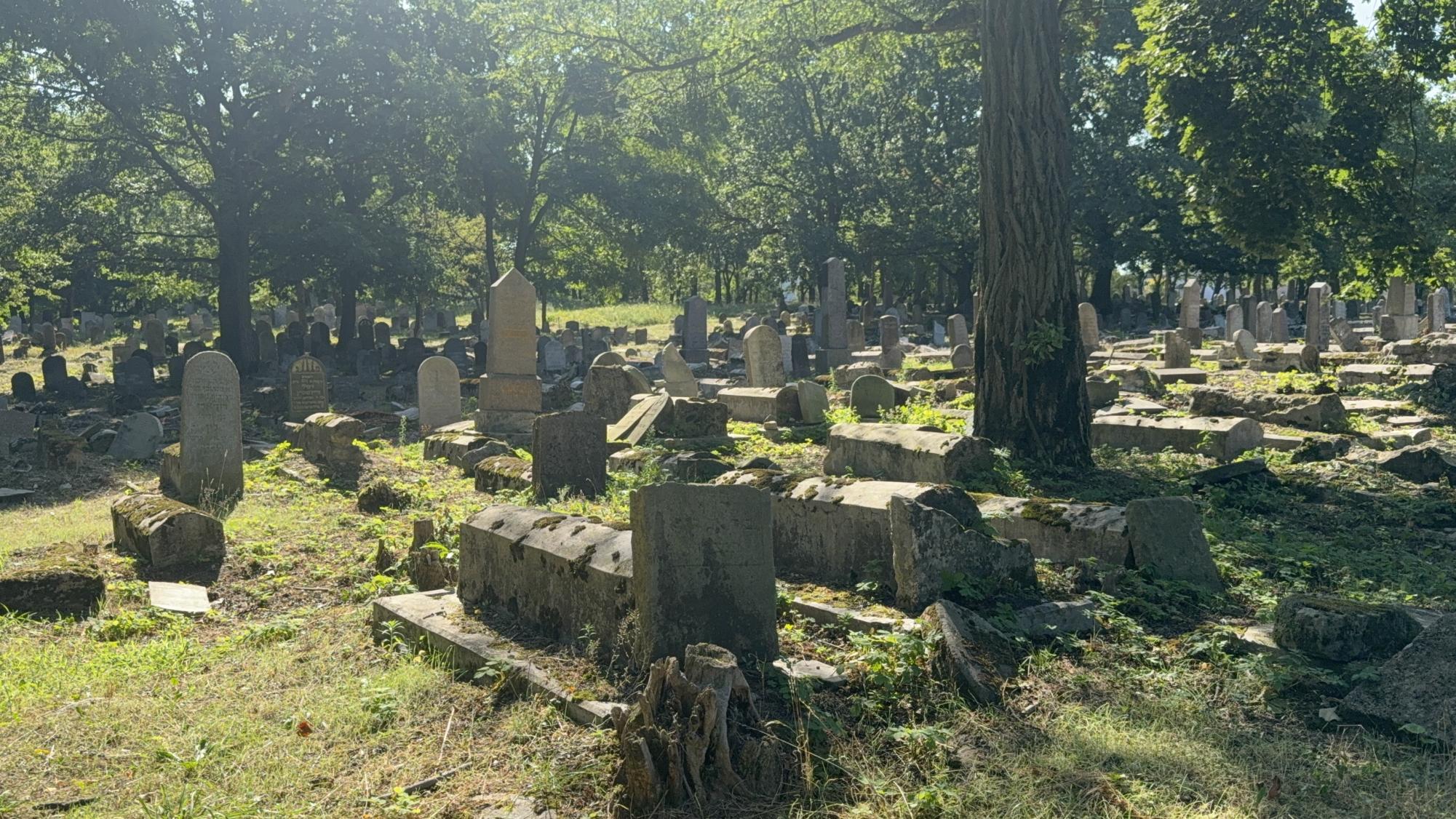

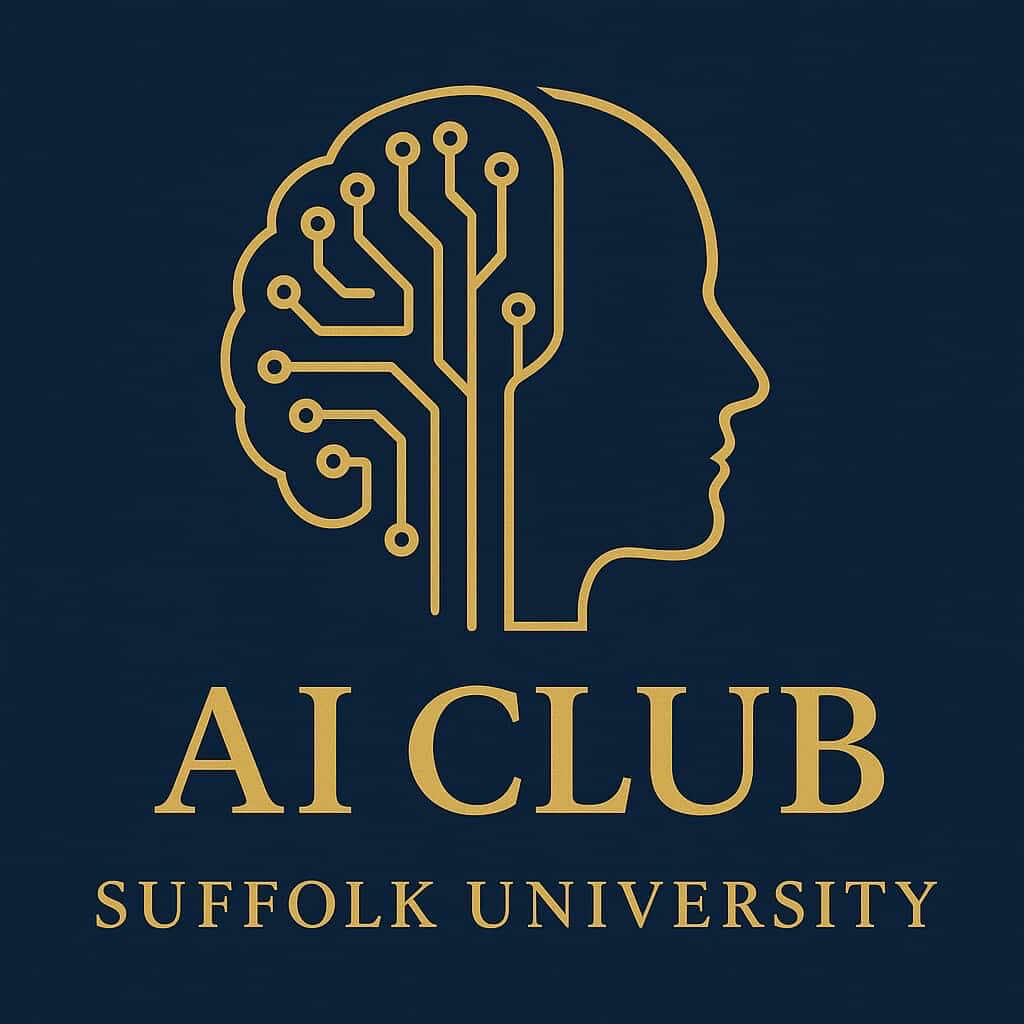
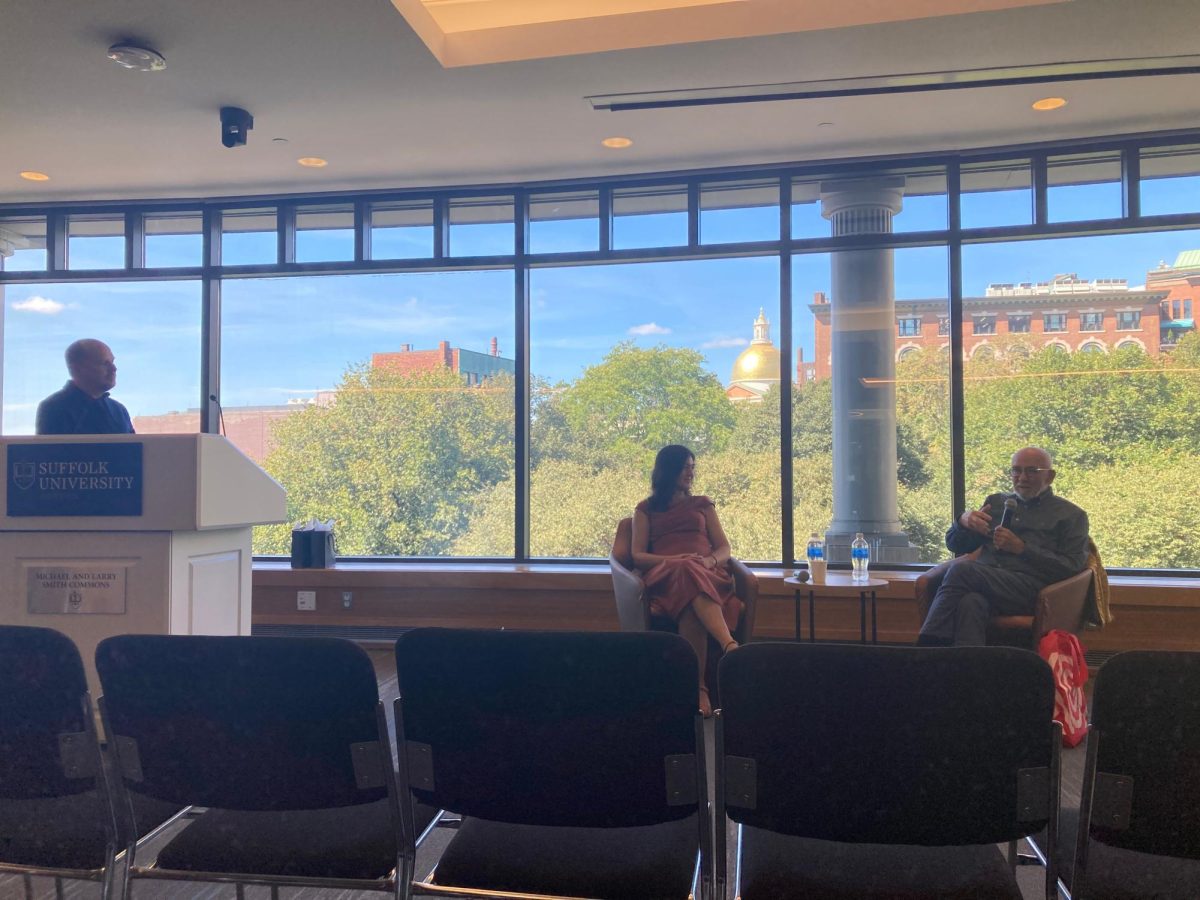


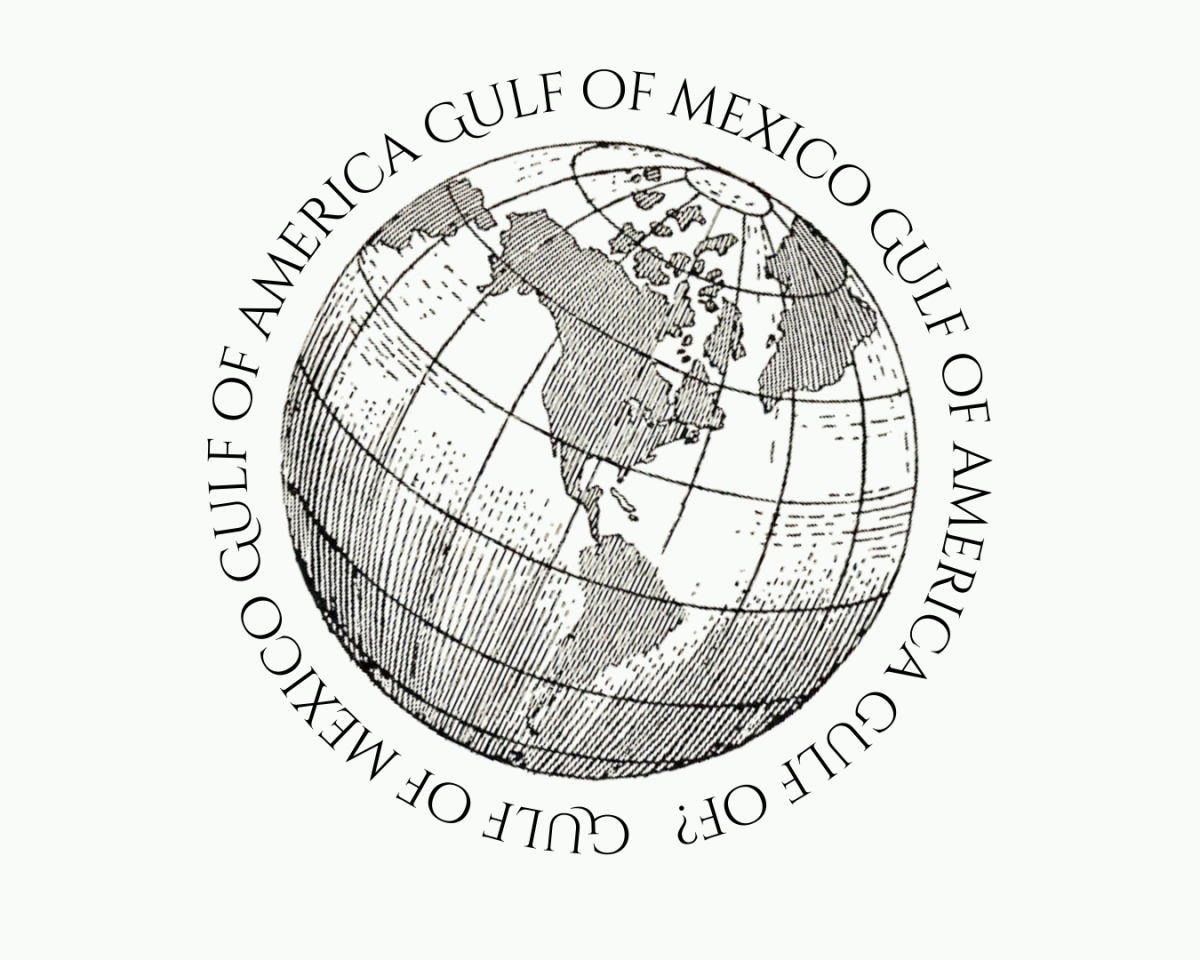
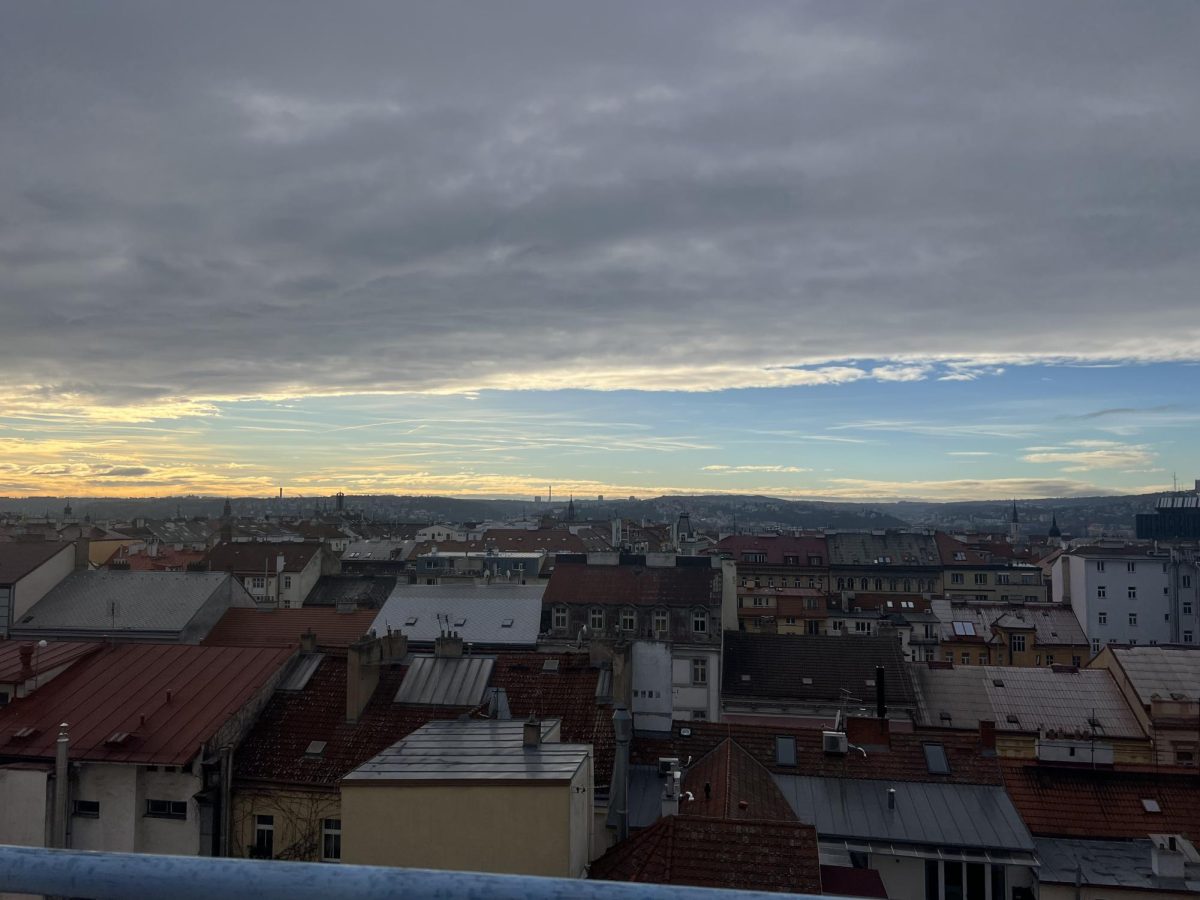
Regina • Sep 25, 2025 at 9:03 am
Beautifully written. Well done!
Amy Degen • Sep 24, 2025 at 9:08 pm
Thank you Elise for your hard work and dedication to the restoration of Bagnowka Cemetery. I will be forever grateful for your contribution! Most of all I am touched by how this project reached your heart!